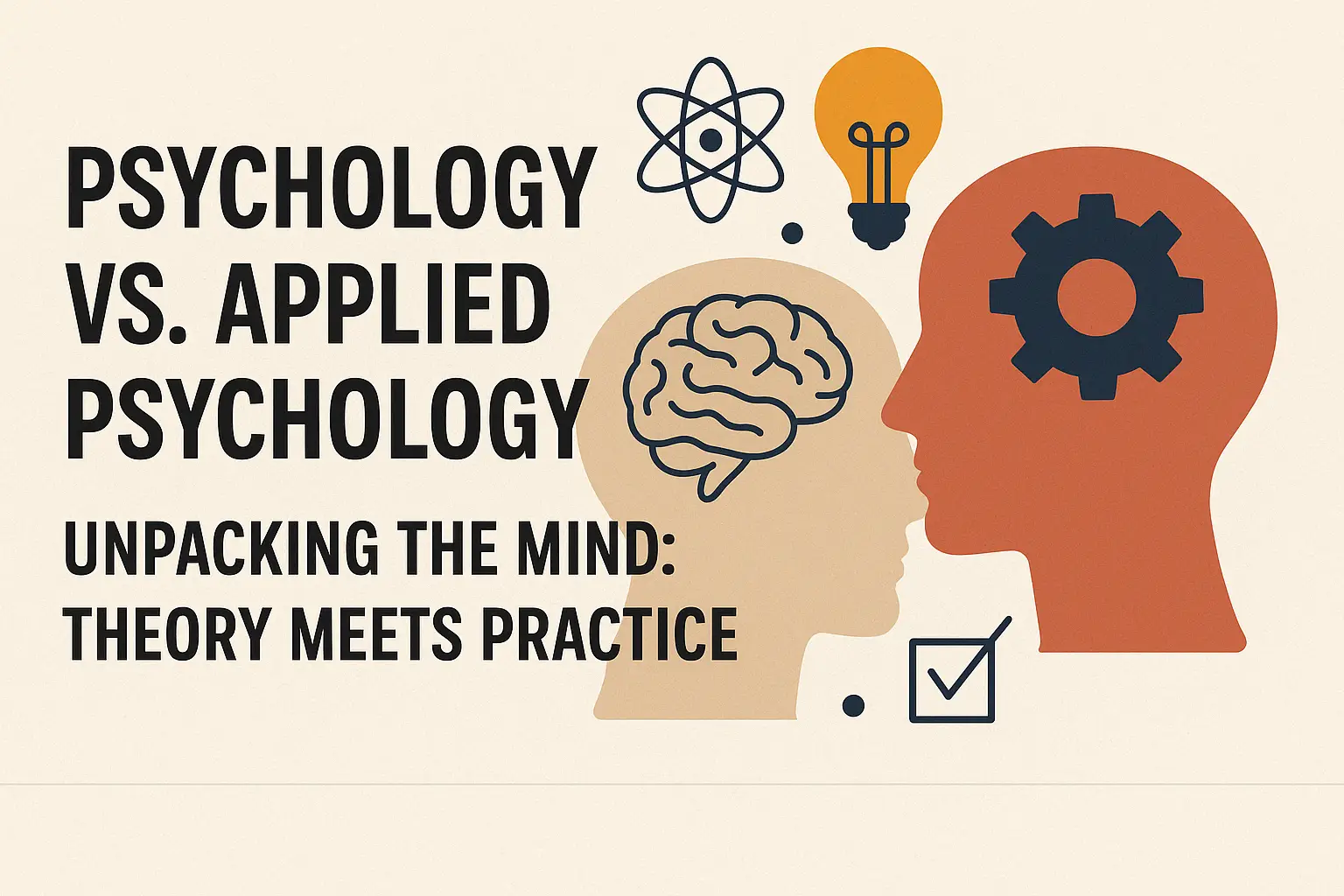Introduction
Psychology is a field that has only recently become a recognised part of the medical and healthcare industry. The term psychology was coined several centuries ago, in the 1500s, but its practice began to gain real momentum well into the 1900s. Today, discussions around psychology and mental health have grown significantly louder.
The stigma surrounding mental health has evolved considerably over the years. In the 21st century, the importance of psychology in understanding the human mind and behaviour is now highly valued. Awareness around mental health has peaked in recent decades, and greater acceptance within medical circles has broadly helped to change the narrative for the better.
Influence of Psychology in Daily Life
Awareness of psychology and mental health is relatively new. Its impact stretches far beyond collective or individual limitations. Psychology plays a role in every aspect of our lives, helping to evaluate human actions by understanding the psyche and predicting future patterns based on existing material.
Research and studies in psychology have been deemed groundbreaking in explaining human actions and reactions under specific circumstances. Psychological disorders can have a profound impact on individuals if not diagnosed at the right time, and like other health conditions, may worsen if ignored. Psychology is also used to study mass violence, including the behaviour of perpetrators and the trauma experienced by victims.
What Does the Study of Psychology Emphasise?
The psychology study focuses on the human brain, how the mind functions, and the resulting behavioural outcomes. The best psychology university in India encourages students to engage in discussions, debates, and interactive classes that enhance learning and communication skills.
Much of psychology depends on understanding, building trust, and creating a supportive environment where patients feel comfortable speaking freely. Psychology involves recognising and treating mental health problems through support and behavioural approaches, while psychiatry adopts a more decisively medical path.
How Does a Degree in Psychology Empower You to Help Others?
An undergraduate Psychology programme at the Jindal School of Psychology & Counselling opens many avenues for students to build a successful career and find fulfilment in their work. According to the World Health Organisation (WHO), nearly a billion people suffer from some form of mental health disorder requiring professional assistance.
The four-year course is structured into eight semesters, with two semesters each year. Subjects covered include: cognitive psychology, stress management, environmental psychology, social psychology, emotional intelligence, educational psychology, forensic and criminal psychology, psychology of personality, counselling psychology, psychometrics, clinical psychology, and more. Research methods, including the use of statistics, also form an essential part of the curriculum.
FAQ
Candidates who have secured at least a 60 percentile aggregate in their 10+2 board examinations are eligible to apply for the B.A. (Hons.)/B.Sc. (Hons.) Psychology degree at the Jindal School of Psychology & Counselling. Applicants must also submit personal documents, academic records, and photographic identification. However, this is only the initial stage — the selection process takes place after meeting the eligibility criteria.
Eligible candidates must sit for the JSAT examination, which is equivalent to exams like the SAT, ACT, or LNAT-UK. Applicants who have previously achieved the required cut-off scores in these recognised examinations may be exempt from sitting the JSAT. The final stage of selection involves an interview conducted by a panel, who assess which candidates are most suited to the programme.
The curriculum at JSPC is modelled on international standards, creating an open environment where learners are encouraged to ask questions freely. The faculty is supportive and cooperative, pushing students to experiment with and debate ideas that challenge the understanding of the human psyche.
JSPC follows an advanced curriculum that introduces basic concepts in the first year and progressively explores advanced theories and practices. In addition to academic learning, students are trained in communication skills, professionalism, and other key areas essential for successful practice in the field.
JSPC is regarded as the best psychology university in India, particularly for its commitment to student development. The faculty, composed of experienced professionals and industry experts, guides students towards their ideal career paths. Graduates are qualified to pursue roles as medical practitioners, researchers, counsellors, educators, human resource managers and more. Psychologists are found in a wide range of fields, offering support not just to patients but also to individuals facing stressful environments.
Source Links





